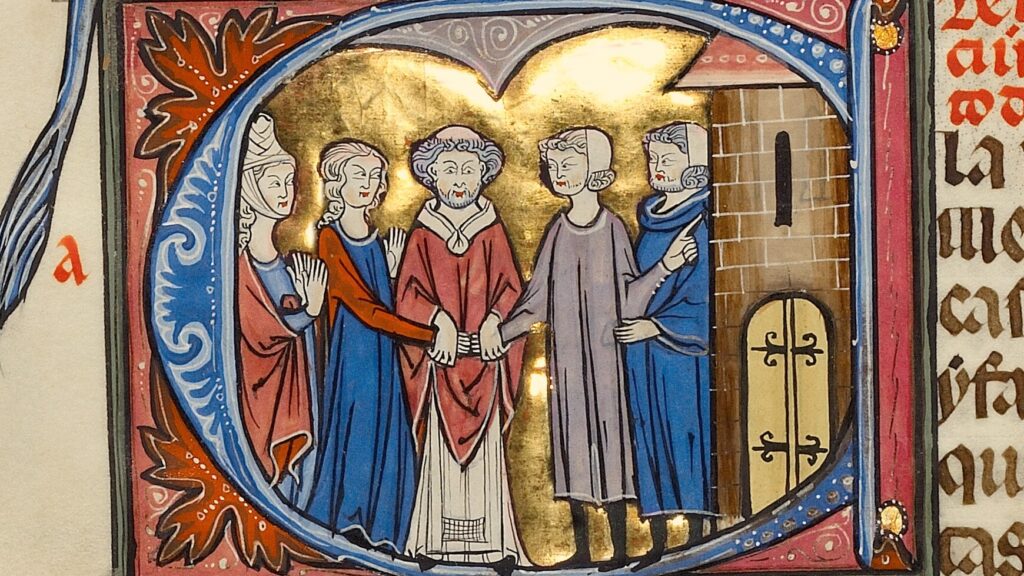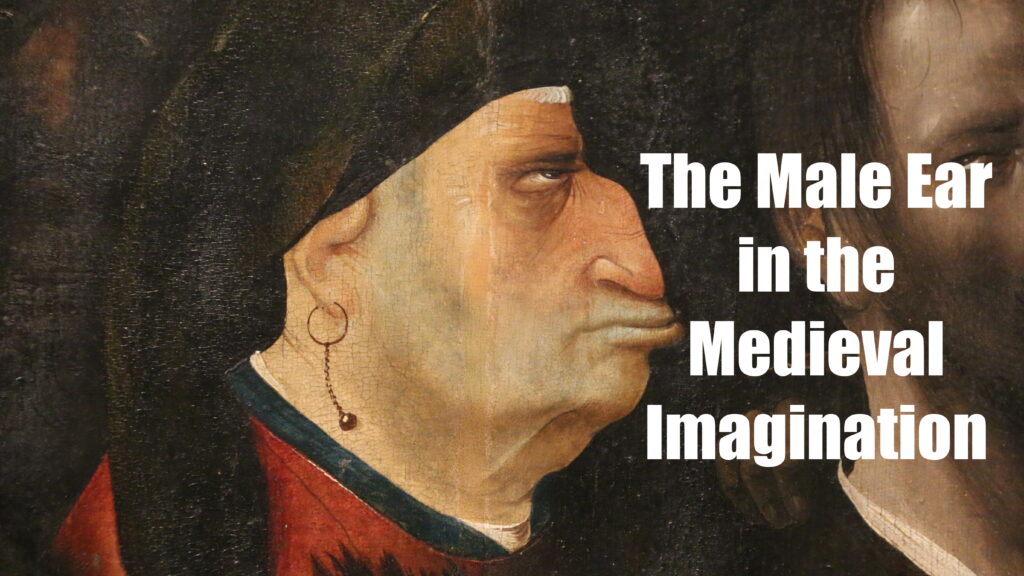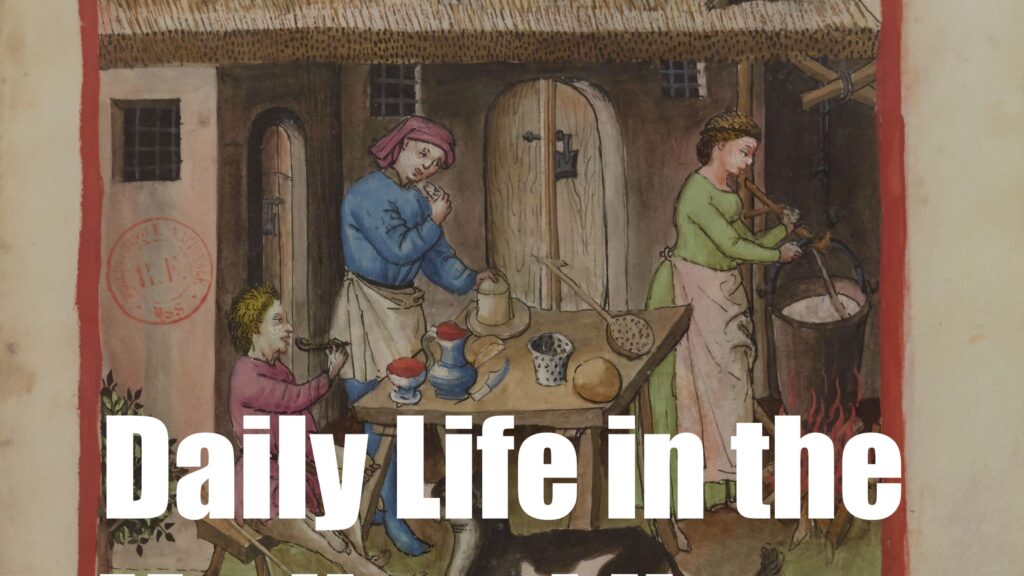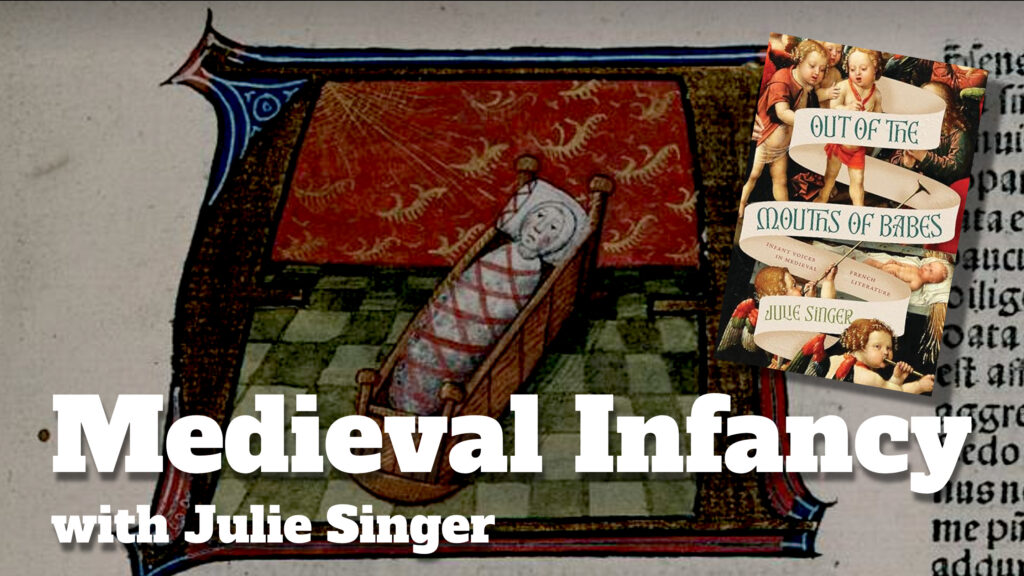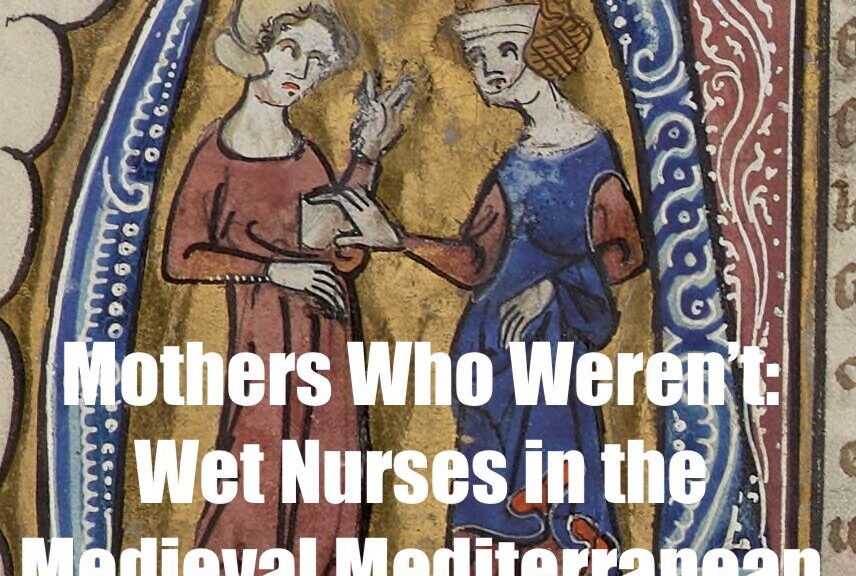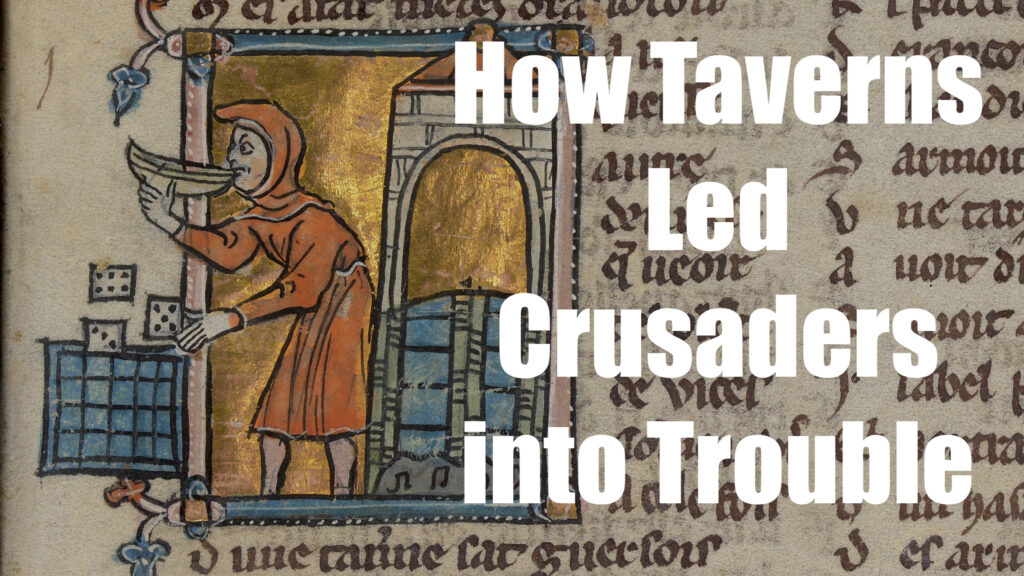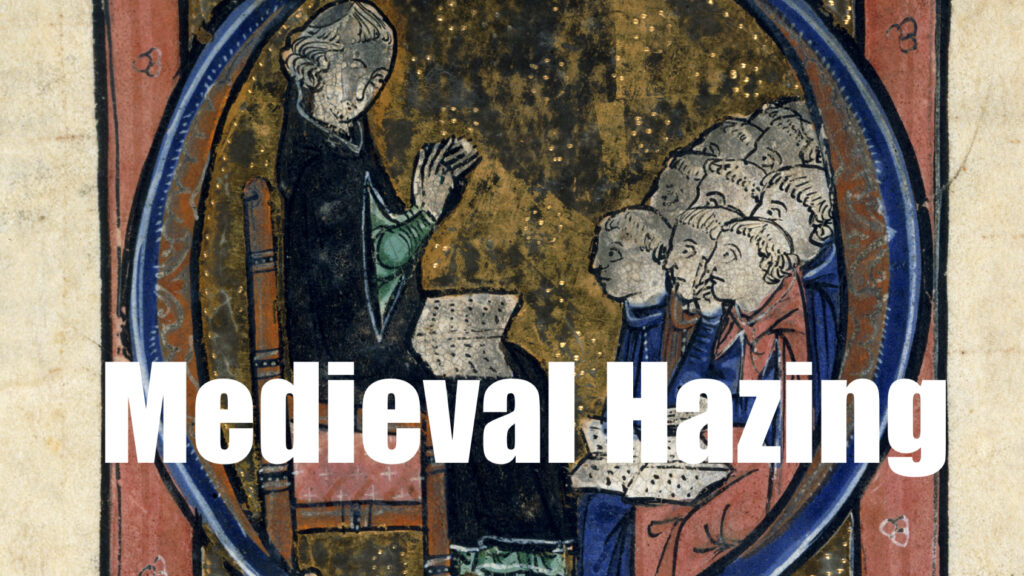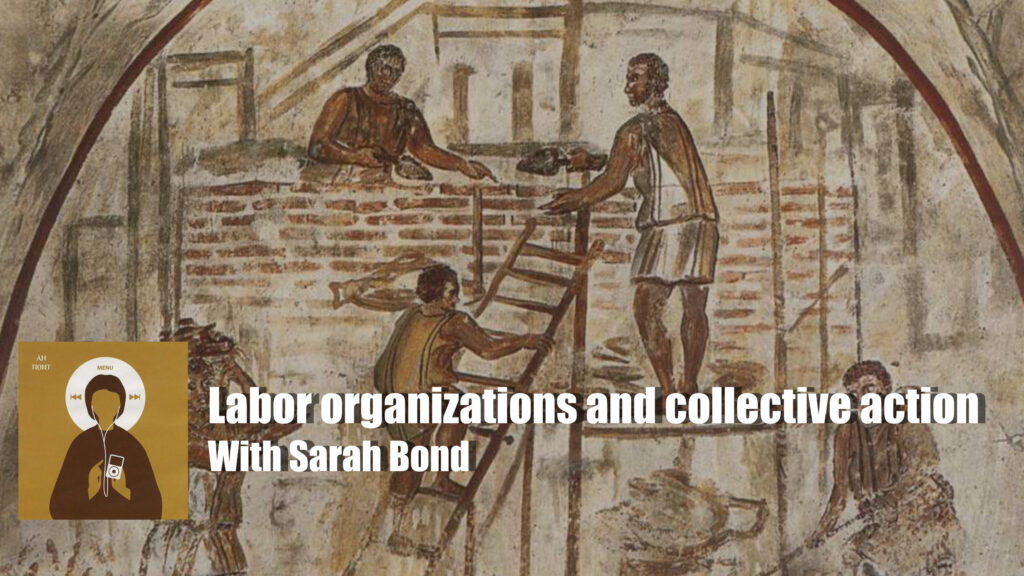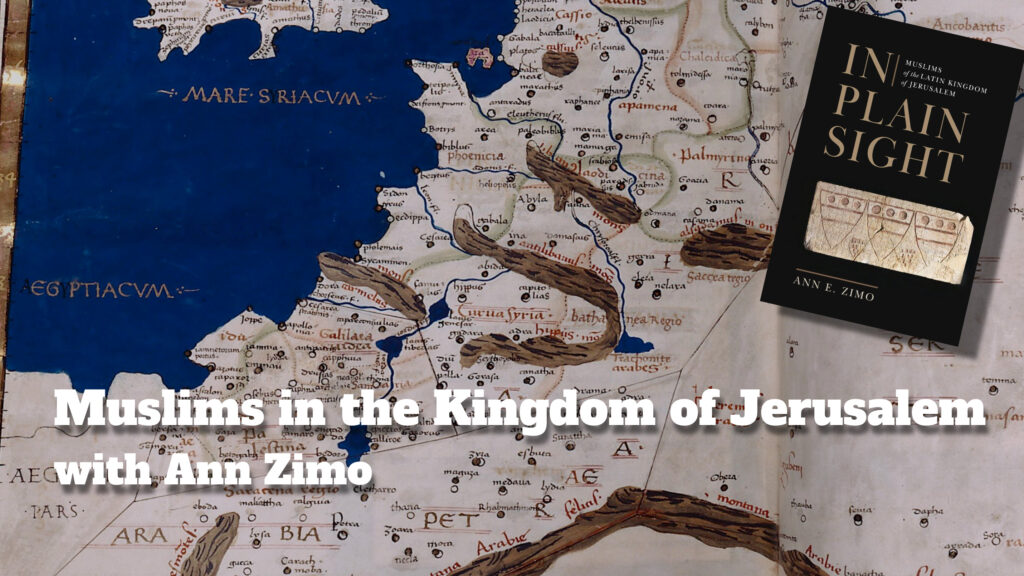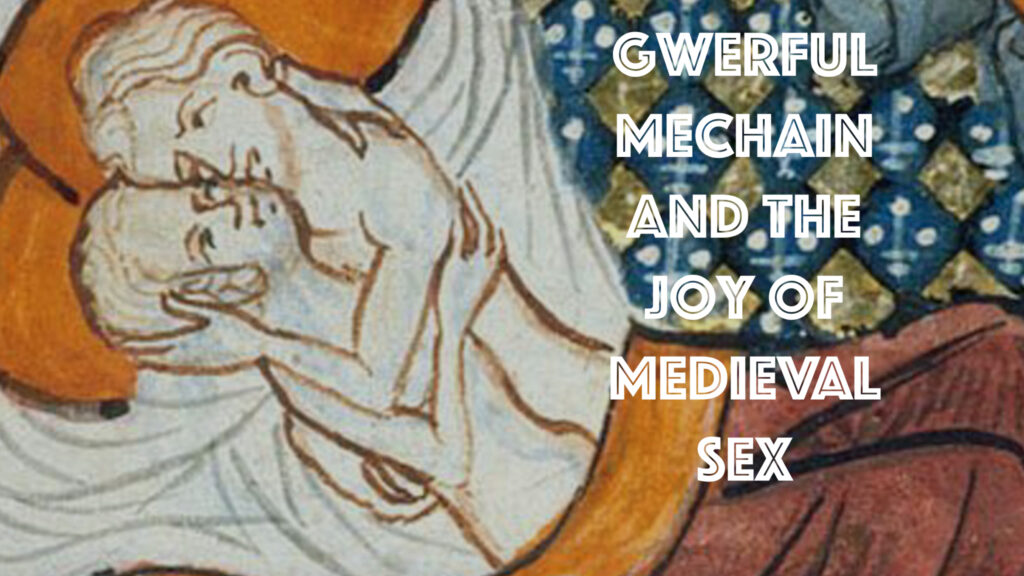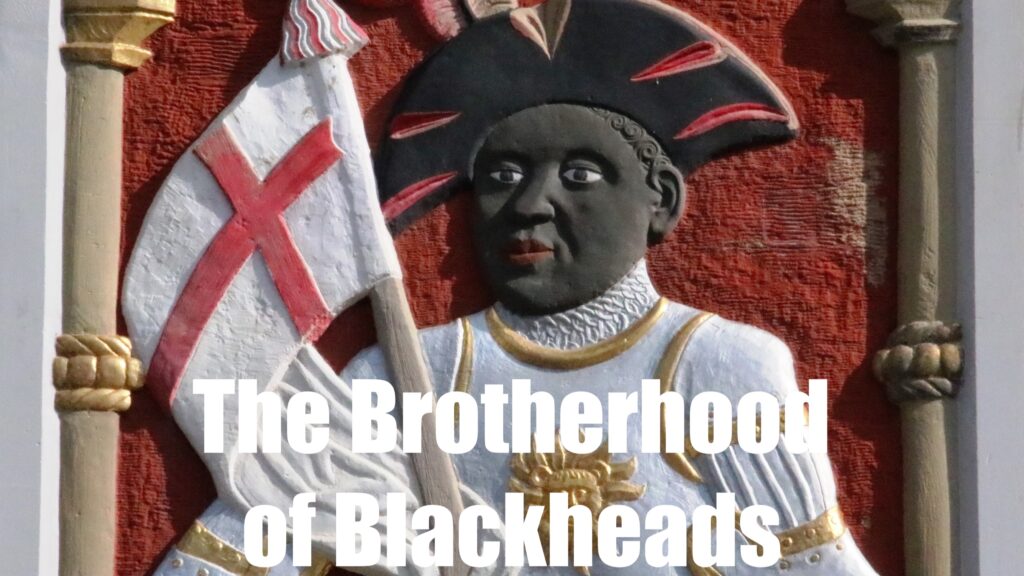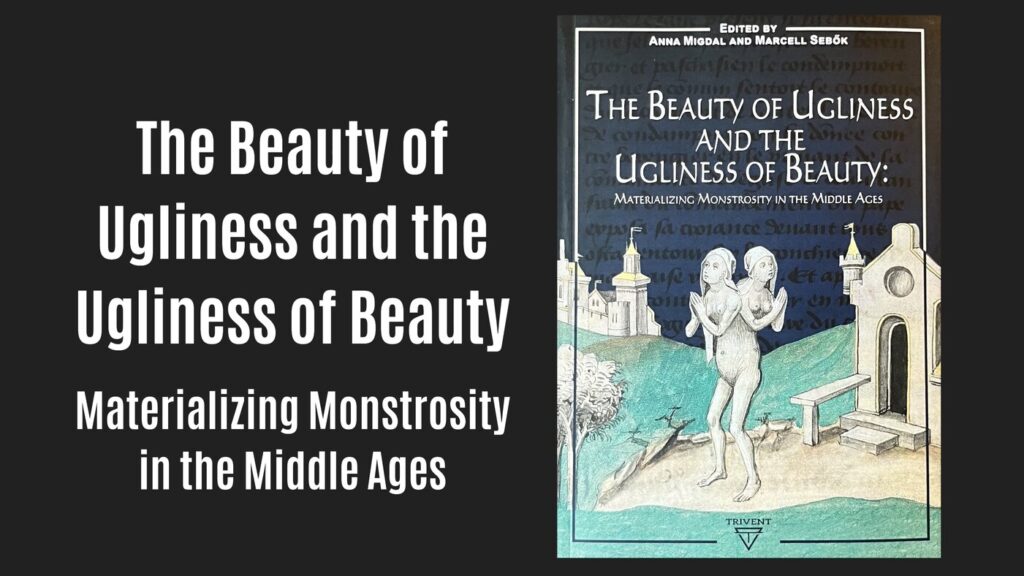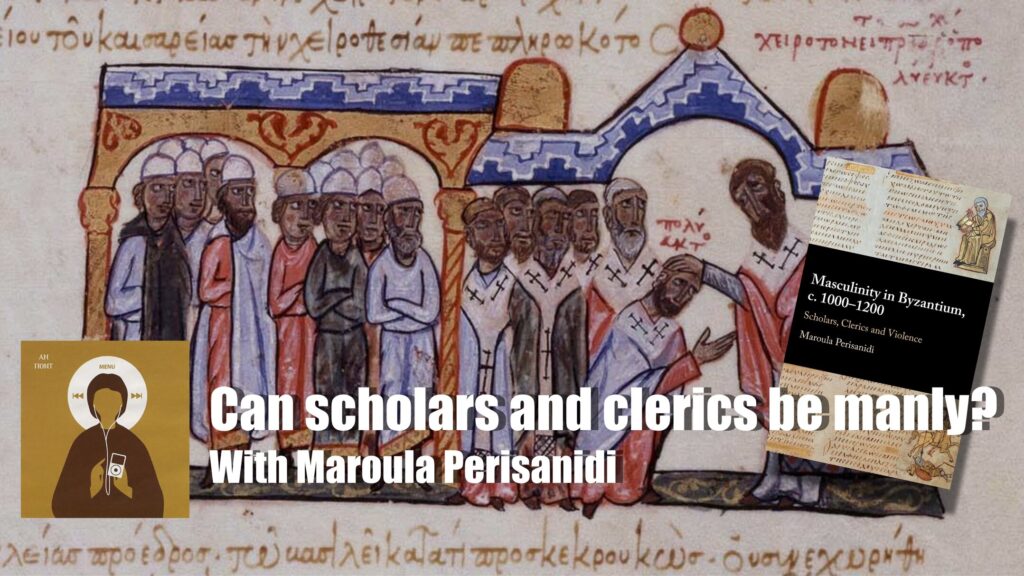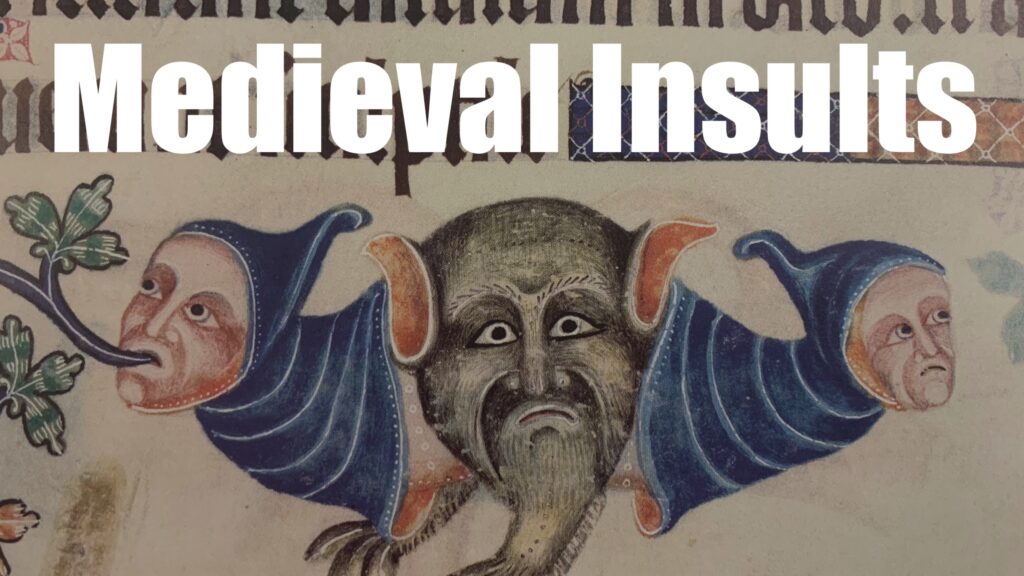When the Groom Paid the Dowry: New Study Rethinks Marriage in Medieval Catalonia
A new study reveals that in 13th- and 14th-century Catalonia, some grooms brought dowries to their brides, challenging long-held assumptions about gender and wealth in medieval marriage
Earrings and Infamy: The Male Ear in the Medieval Imagination
Explore how male earrings were viewed in the Middle Ages—from symbols of infamy and foreignness to fashionable adornments—through art, religion, and cultural transformation.
New Medieval Books: Shortage and Famine in the Late Medieval Crown of Aragon
Food security was a major concern for any medieval society. This book examines how individuals and communities responded to this challenge, particularly during periods of famine.
Daily Life in the Medieval Home
Explore daily life inside a medieval home, from kitchens and chambers to workshops and power dynamics, based on records from late medieval York.
Medieval Infancy with Julie Singer
This week on The Medieval Podcast, Danièle speaks with Julie Singer about what medieval people thought about infancy in general, how literary children could be vehicles for truth and justice, and how even in the Middle Ages kids were known to say the darnedest things.
Mothers Who Weren’t: Wet Nurses in the Medieval Mediterranean
Explore the complex and often harsh realities of wet nursing in the Middle Ages, from slave contracts to moral expectations—revealing how “mothers who weren’t” shaped medieval childhood and society.
Tupac Could Have Been a Viking
Discover the striking parallels between Viking warriors and 1990s gangsta rappers in this thought-provoking article exploring shared values of honour, violence, reputation, and poetic legacy across two seemingly distant cultures.
The Mental Toll of Polygamy in Medieval Egypt
Discover how women in 15th-century Cairo resisted polygamy—and the emotional toll it took—through rare accounts from a medieval biographical dictionary.
Inside Eleanor de Montfort’s Lavish Medieval Wardrobe
In the 13th century, noblewomen like Eleanor de Montfort used fashion to display power, status, and wealth. From rich wool and fine linen to opulent furs and intricate accessories, her medieval wardrobe was a statement of prestige and influence.
New Medieval Books: Cross-dressing in the Middle Ages
Whether it’s Joan of Arc donning armor or women disguising themselves as monks to enter monasteries, gender-crossing attire appears in medieval history more often than you might expect. This book explores the subject in depth.
New Medieval Books: The Art of Medieval Falconry
An introduction to the sport of falconry in the medieval world, this book details several different aspects, ranging from how these birds were trained to their usefulness as gifts in diplomacy.
Drunk and Disorderly: How Taverns Led Crusaders into Trouble
Crusading was meant to be a holy mission, but for many knights and soldiers, the lure of taverns, drink, and other temptations often…
Medieval University Life Was Rough—Just Ask the Freshmen
Medieval university life was anything but dull—freshmen endured brutal hazing rituals, public humiliations, and even bizarre traditions involving feces, all in the name of scholarly initiation.
Medieval Love Hacks: Romance Advice from The Distaff Gospels
The search for love—and the perfect romance advice—is as old as time. In the Middle Ages, women turned to The Distaff Gospels, a fifteenth-century collection of witty and often bizarre advice on love, lust, and marriage. Want to know your future husband’s name or keep your partner faithful? This medieval guide had answers
Labor organizations and collective action, with Sarah Bond
A conversation with Sarah Bond about organized labor groups in the Roman Empire.
Muslims in the Kingdom of Jerusalem with Ann Zimo
This week on The Medieval Podcast, Danièle speaks with Ann Zimo about the interactions between Muslims and Christians within the legal, political, and even spy networks of the Latin Kingdom of Jerusalem.
The Perils of Medieval Pubs: Drinking, Gambling, and Disorder
Medieval pubs were more than just places to drink—they were hubs of gambling, crime, and deadly brawls. From barroom assassinations to drunken feuds that ended in murder, these rowdy establishments were as dangerous as they were lively.
Gwerful Mechain and the Joy of (Medieval) Sex
For medieval Europeans, talking openly about sex in what we might think of now as explicit detail was a very normal part of life.
The Brotherhood of Blackheads: A Unique Medieval Club
The Brotherhood of Blackheads, named after their patron saint, Saint Maurice, was a unique medieval organisation that combined trade, military service, and elaborate social traditions in the Hanseatic world.
Violence and Vice: Crime in Medieval Cairo
From violent disputes to daring robberies, the streets of Cairo often became a stage for chaos, where justice was swift and brutal.
New Medieval Books: The Beauty of Ugliness and the Ugliness of Beauty
A collection of five essays exploring the significance of physical appearance in the Middle Ages. Delving into law and literature, this work sheds light on how medieval people perceived and interpreted physical traits, revealing deeper insights into their society and culture.
Can scholars and clerics be manly?, with Maroula Perisanidi
A conversation with Maroula Perisanidi about the distinctive kind of masculinity that was fashioned by scholars and priests in the eleventh and twelfth centuries, the challenges and deficits that it faced, and the masculine capital that men in those occupations tried to amass and then spend.
10 Medieval Insults
Medieval insults reveal a fascinating glimpse into the sharp wit and social dynamics of the Middle Ages.
An Anglo-Norman Drinking Song for Christmas
This lively piece blends the merriment of Christmas with the revelry of drinking, transporting us to the jubilant atmosphere of medieval feasts.
The Worst Jobs in the Middle Ages
What did medieval people think were the worst jobs you could have? The answers will surprise you.
